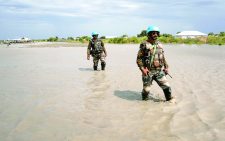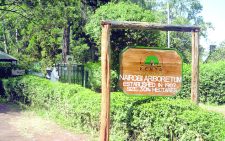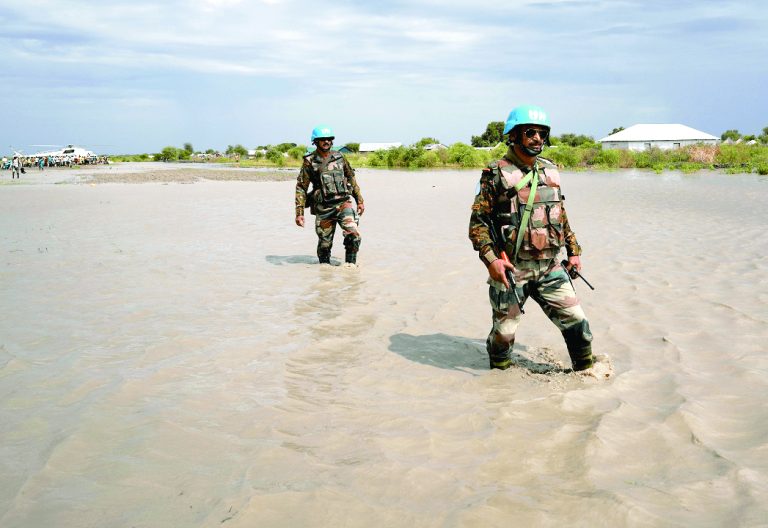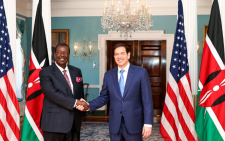Lamu fishermen eye windfall from carbon export business
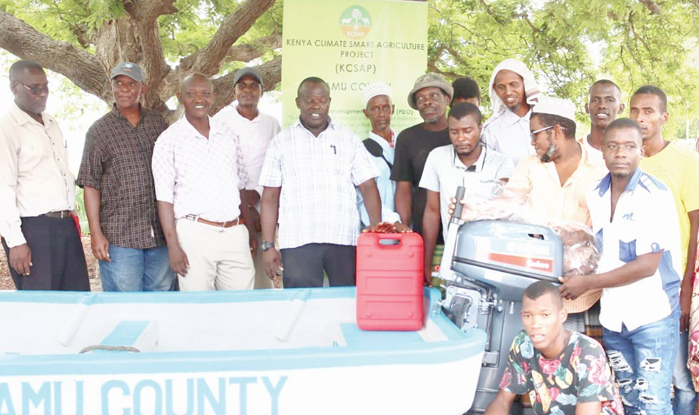
Fishermen and Beach Management Units (BMUs) in Lamu County have been introduced to a multi-million shillings business of carbon export where they will be supplying to the European and Asian countries.
Mangroves plantation that grows along the coastal region assists in curbing the effects of climate change that are observed in the world hence have made them become very marketable.
Despite Lamu having the largest percentage of mangroves forest, the fishermen and BMU groups mainly use them as fish catchment areas since they are well known to be a habitat for all the marine life.
Dr Judith Okello, KEMFRI Research Scientist said they are currently marketing Lamu County on carbon business outside Kenya and have already sensitised different community groups, fishermen and BMUs in that area on the carbon business.
“Lamu is ready to start exportation of carbon to European countries and Asia, the policy documents are even ready since we launched them in May this year and any time business will kick off just like the way we assisted different groups at Gasi village who are beneficiaries upto date,” she said.
Okello made the disclosure while speaking to journalists during the marking of the international day for the Conservation of the mangrove ecosystem at Mwenjeni village in Lunga-Lunga, Kwale County.
She noted that carbon business assists and improves livelihoods in a very fast way and the communities in Lamu have a potential of earning Billions of shillings due to the thick and huge mangrove forest the area has.
“Lamu has all the nine species of mangroves and it is a very Thick forest, with huge trees and roots and remember the carbon is normally stored in these roots, you can imagine the tonnes you can sell, and the amount of money you get,” Okello added.
She added that the groups in Gasi village which are exporting carbon get there annual pay from the European countries have highly improved their livelihoods both individually and in the village.
“The money comes through us but it is the groups that decide on what to do with it, they do projects that benefits the whole villages, buy books for the schools in the village, construct water boreholes and even share amongst members of the groups for individual development,” she said.
David Chege, Deputy chief Conservator of Kenya forests in charge of protection and security appealed to communities living along the coastal region to conserve mangrove trees which have become important to the world.
